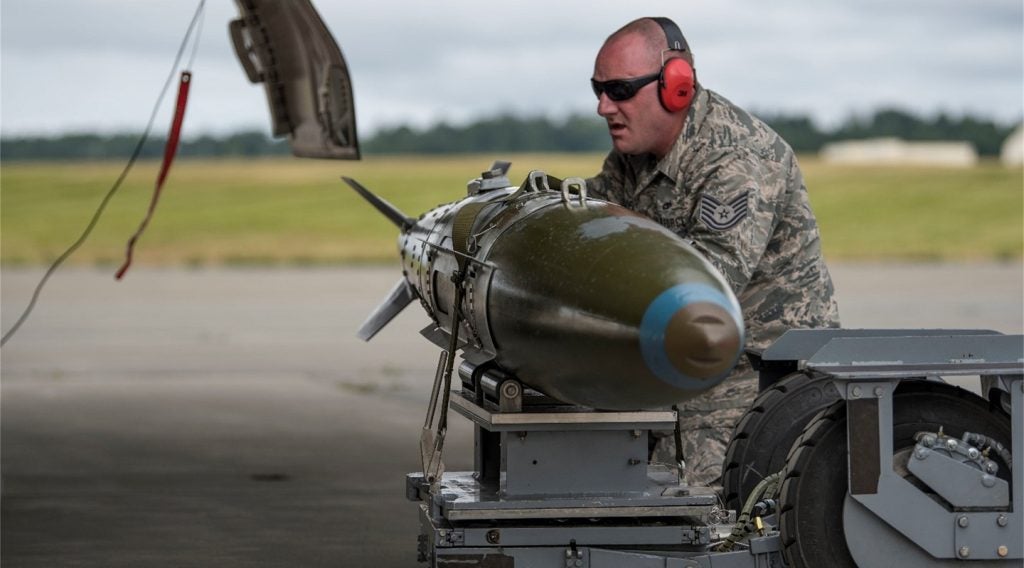The Russian Aerospace Defense Forces has denied US media reports alleging that a Russian military satellite exploded in the national airspace.
A US Strategic Command spokesman told RIA Novosti: "US Strategic Command’s Joint Functional Component Command for Space [JFCC Space] through the Joint Space Operations Center [JSpOC] assesses with high confidence that Kosmos-2495 reentered the atmosphere and was removed from the US satellite catalog as a decayed object on September 3."
In response, Russia Aerospace Defense Forces spokesman colonel Alexei Zolotukhin said all Russian spacecraft function in normal regime and are under have steady control of ground control services.
"These statements are yet another attempt to find out the location of the space object after the United States has lost track of it," Zolotukhin added, noting that no malfunctions have been reported in the past days.
The Russian Ministry of Defence (MoD) has already dismissed US claims that Kosmos-2495 satellite re-entered the atmosphere over the US last week and crashed.
The American Meteor Society (AMS) has published more than 30 witness reports that claim that a bright, long-lasting fireball was seen in the skies over Colorado and Wyoming and possibly over New Mexico, South Dakota and southern Montana, US, on 2 September.
How well do you really know your competitors?
Access the most comprehensive Company Profiles on the market, powered by GlobalData. Save hours of research. Gain competitive edge.

Thank you!
Your download email will arrive shortly
Not ready to buy yet? Download a free sample
We are confident about the unique quality of our Company Profiles. However, we want you to make the most beneficial decision for your business, so we offer a free sample that you can download by submitting the below form
By GlobalDataThe witnesses noted that the object was moving much slower than a usual fireball, with some concluding that ‘what they were observing was the re-entry of a piece of space debris.’
Website spaceflight101.com alleges that the fireball could have been Kosmos-2495 falling apart in the air.
Launched on-board a Soyuz rocket on 6 May, Kosmos-2495 is a member of the Yantar Russian satellite series, and is designed to operate on a low-Earth orbit.








